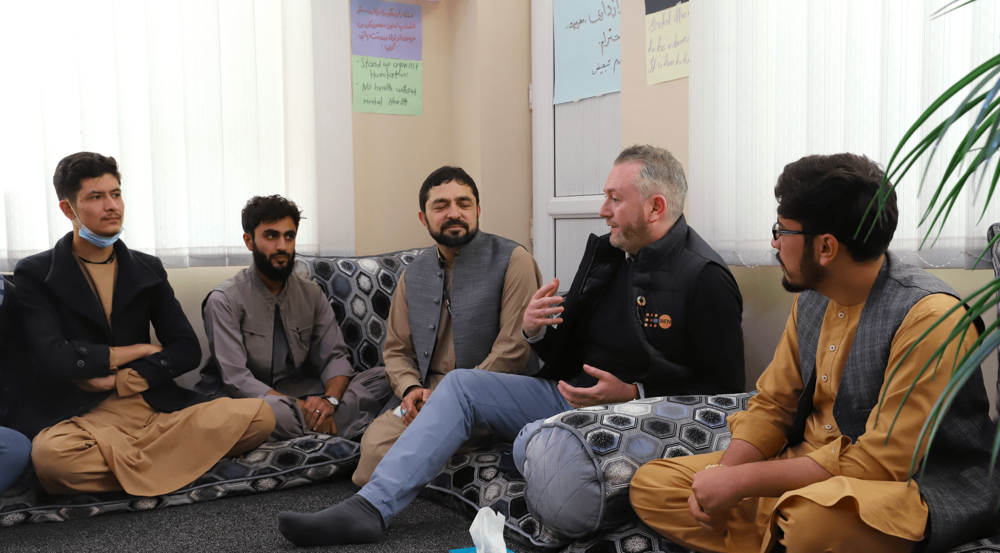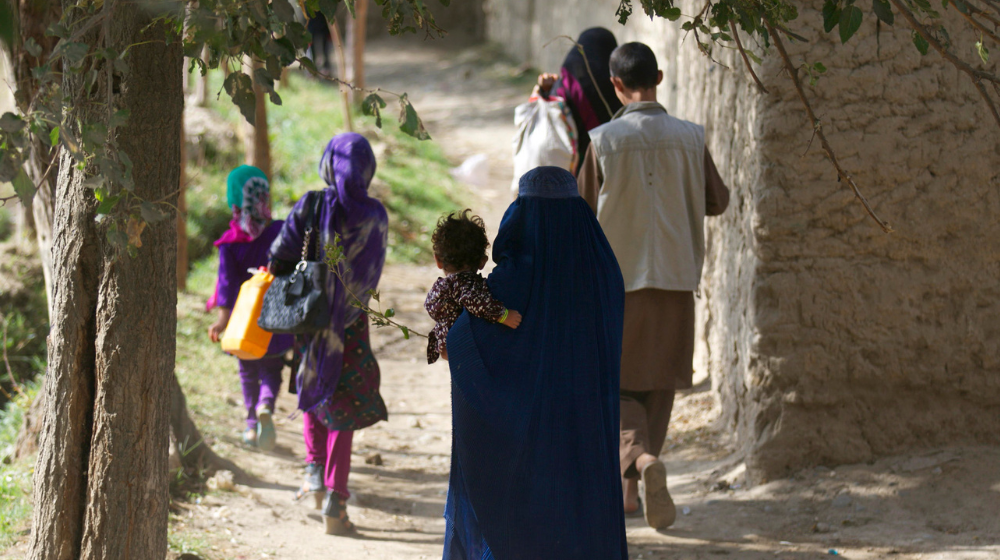Kabul/Bangkok, 4 November 2024: Afghanistan remains one of the most difficult places in the world for women to give birth. Every two hours, a mother’s life is lost due to preventable complications related to pregnancy and childbirth. The country’s fragile healthcare infrastructure and limited access to maternal and reproductive health services, especially in rural areas, pose serious risks to mothers and newborns.
Over the last three years, the prolonged crisis has deepened with widespread economic instability, restrictions on women’s work and education, an influx of forced returnees, and extensive displacement. UNFPA, the United Nations Population Fund, is actively engaged in emergency response throughout the country, reaching over one million people every month.
“It has been one year since my last visit, and this crisis is one we cannot—and will not—forget. Afghan women and girls are dealing with mental health struggles from the prolonged conflict, restrictions, and loss of employment. They deserve a better future, and UNFPA is here, standing with them, to ensure they have the healthcare and support they need,” said Mr. Pio Smith, UNFPA Regional Director for Asia and the Pacific, during his recent visit to Mazar-i-Sharif in the north of Afghanistan.
With 63 percent of Afghanistan’s population under 25 years of age, young people are vital contributors to UNFPA’s humanitarian efforts. The organization supports them through youth-focused facilities and services that empower them as agents of change during emergency responses.

“This year alone, UNFPA has assisted over 660,000 young Afghans, of which 80 percent are female, through our youth outreach programmes that provide young people with health services and livelihood support, including skills development”, said Mr. Smith.
Climate change has also intensified the emergency in the country, with extreme weather events significantly impacting access to health services for women and girls. Recent flash floods have taken lives, and cut off communities from critical maternal and reproductive health services.
To address these urgent needs, UNFPA has strategically prepositioned lifesaving supplies in eight regions of Afghanistan, providing immediate maternal and reproductive health support to vulnerable populations affected by floods, winter weather, and other crises. UNFPA is also working closely with other UN agencies and stakeholders to ideate innovative solutions to reduce the impacts of climate change, such as by converting service delivery points across the country to be solar-powered.
“With increased resources, we can extend our reach to offer vital support where it’s needed most and help protect the lives of women and young people in Afghanistan to ensure their basic needs are met, including during humanitarian crises”, emphasized Mr. Smith. “Continued support is needed, without which, millions of lives are at even greater risk.”
Standing in solidarity with the women, girls, and young people of Afghanistan, UNFPA calls on the global community for compassion and continued collective action to alleviate the hardships faced by the country’s most vulnerable populations.
---------------------------
"We see you, we hear you, and we stand with you."


